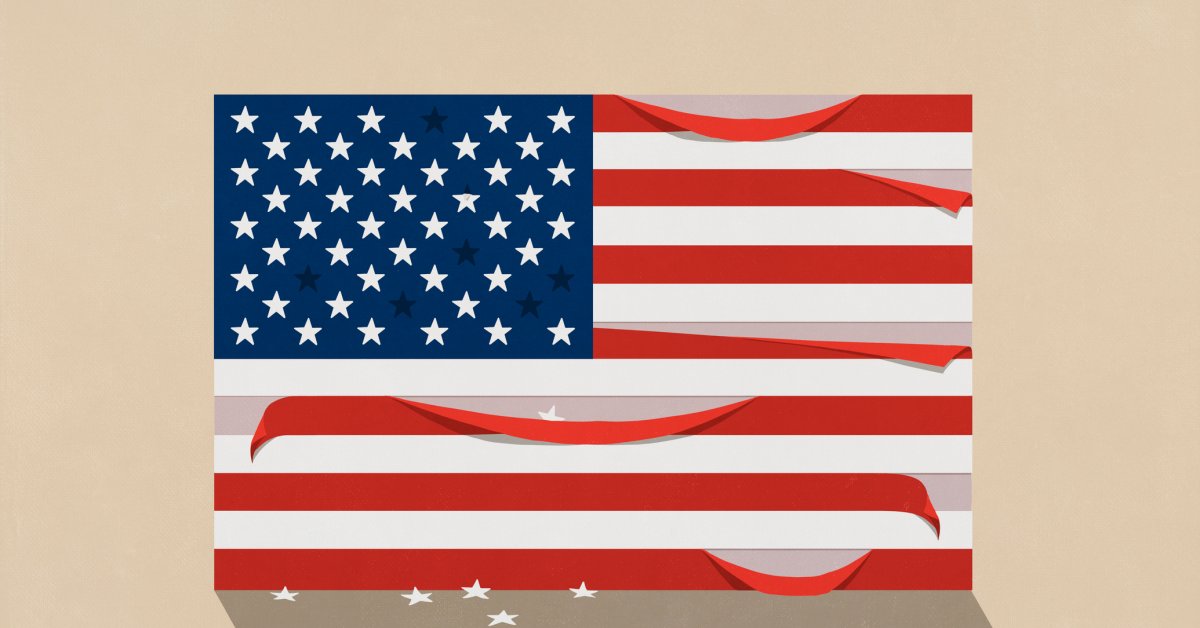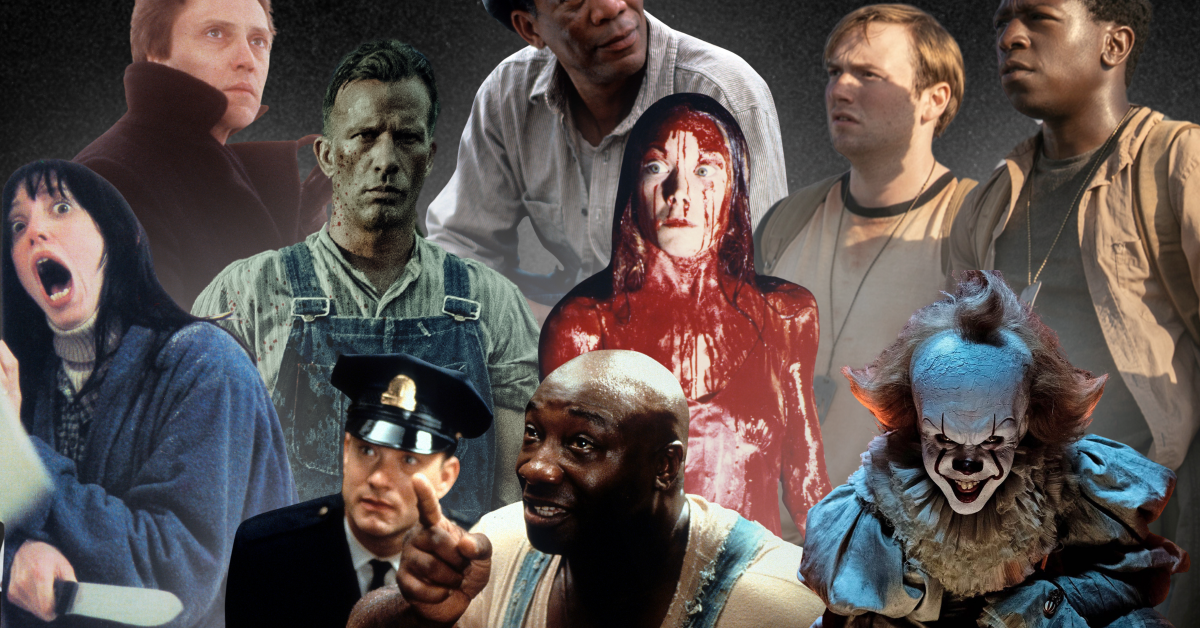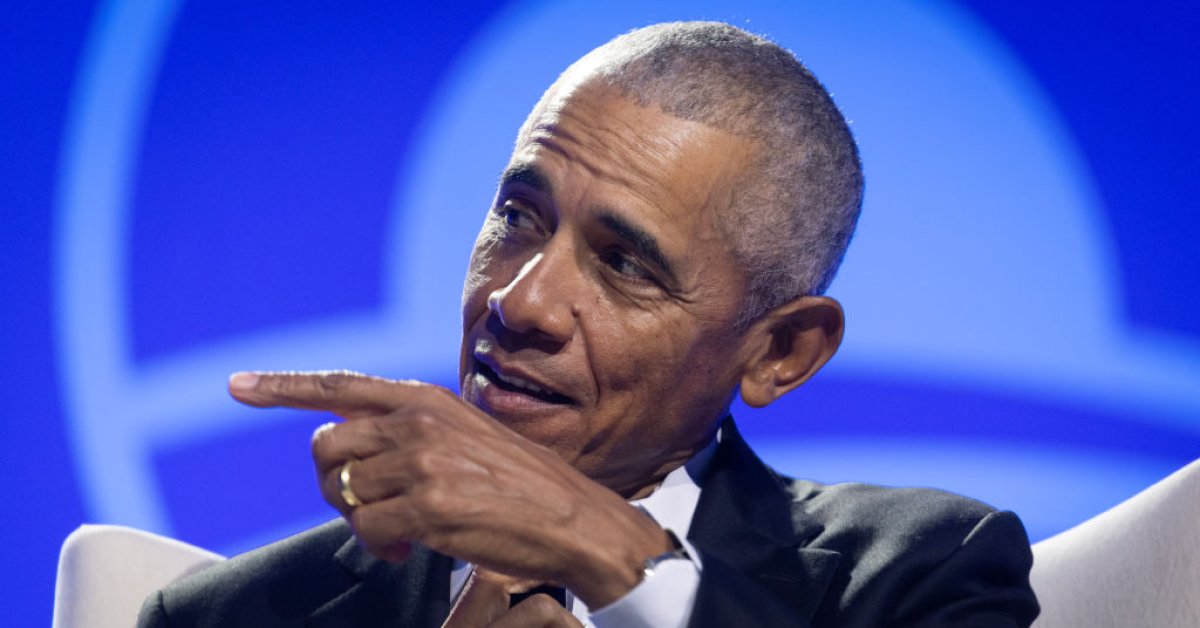By the time my great-grandfather returned to Ireland after two decades in the U.S., he’d earned enough to buy a small business. My grandmother and her siblings were sent to private school. If America was ever a story of upward mobility, then he had made it part of ours.
Stories like his still abound with the legend of the American Dream. But the arc of that story has grown harder to follow.
For young Americans today, the story sounds different: job prospects have “deteriorated noticeably” as AI replaces entry-level roles. Many of my Gen Z peers are still unemployed—or stuck in jobs that require none of the degrees they went into debt for.
The American Dream—the promise of happiness and financial success through hard work—has, of course, never truly been attainable to all. When James Trunslow Adams coined the term in 1931, he described it as a vision open to “every citizen…regardless of the fortuitous circumstances of birth or position,” But at any given moment in American history, this imaginary has remained just that. Still, belief in it persisted. As recently as 2024, a majority of Americans said they believe the dream was still attainable. Believe you’ll be the exception, and the system doesn’t need to change.
American optimism has long separated the U.S. from its Western counterparts. But a look behind the data suggests that belief may finally be eroding. In 2017, 17% said that the American Dream was out of reach. By 2024, the number had crept to 30%. “The reason the bottom 99% put up with it is that America’s superpowers are optimism,” said business professor Scott Galloway on Trevor Noah’s podcast.
But what happens when that optimism fades?
Declining dreams
Cultural theorist Lauren Berlant began to answer this in 2011. In their book Cruel Optimism, Berlant described how the very thing you desire can become an obstacle to your flourishing. It offers us a useful lens to understand why people cling to the American Dream, even when the traditional goalposts—a stable job, homeownership, family and retirement—have become harder to reach. The harder we push towards these goalposts in the hope of reaching them, the more the pursuit settles into us as anxiety and eventually, a sense of failure. Our very optimism—our very Dream—has permitted half a century of declining upward mobility and gaping inequality.
No generation feels this more than Gen Z. More than half say they’re worried about their financial future, up from 30% in 2019. Everyone has their take on why this is: some dismiss Gen Z’s concerns as salary dysmorphia, others as laziness or a lack of resilience. But what Gen Z might actually be signaling to us is the unravelling of the social contract of the American Dream.
The belief that life would be “better, richer and happier” by passing through the usual milestones has eroded. Where previous generations could secure a house, a family, and financial stability, Gen Z has had to prioritize what feels feasible. “There is a general feeling of angst,” Taran Talbott, 18, tells me. “The typical outlook…is that either you’re lucky and have generational wealth or your material conditions are only as good as the salary you might one day earn.” As a generation, Gen Z is hyper-aware of their economic conditions. And across the political divide, there’s a sense that the broader system is broken, and no longer serves people like them.
Gen Z’s new goalposts
America has never reckoned with a generation unwilling to blame themselves for the failure of its Dream. Gen Z might be the first to reject these goalposts, but they likely won’t be the last. This fracture should be alarming for a nation whose identity rests on the idea that even if you don’t make it, your children might—so long as you work hard enough. But even that expectation is shifting, as the financial anxiety of a less attainable American Dream is causing many to delay or forego having children. This isn’t to say that this refusal is a good thing; many haven’t rejected these aspects of the American Dream by choice.
This collective disillusionment carries profound implications for how America sees itself. Without a shared story about the future, we risk further fraying our social fabric. As the American Dream becomes less attainable, we find ourselves in a “socially-imposed loneliness”, a product of a zero-sum logic where Americans feel they can only look out for themselves. A range of experts, including the former Surgeon General, warn that a loneliness epidemic is devastating communities across the country.
Gen Z came of age in this environment, a generation with limited trust in institutions—and in each other. We need a new story about our future—one that targets the real reasons the American Dream is no longer attainable, without leaning on nostalgia.
Young people today force us to rethink what the American Dream is about, and who it serves. For so long, our dreams—and the time spent reaching them—have caught us in cycles of false promise. But Gen Z is refusing to be a part of that transaction. And what becomes of a nation when its defining myth no longer holds?








